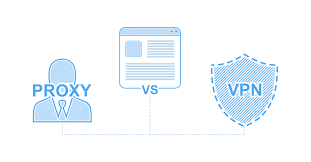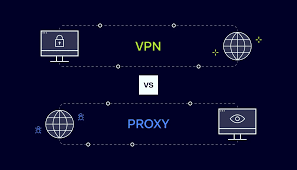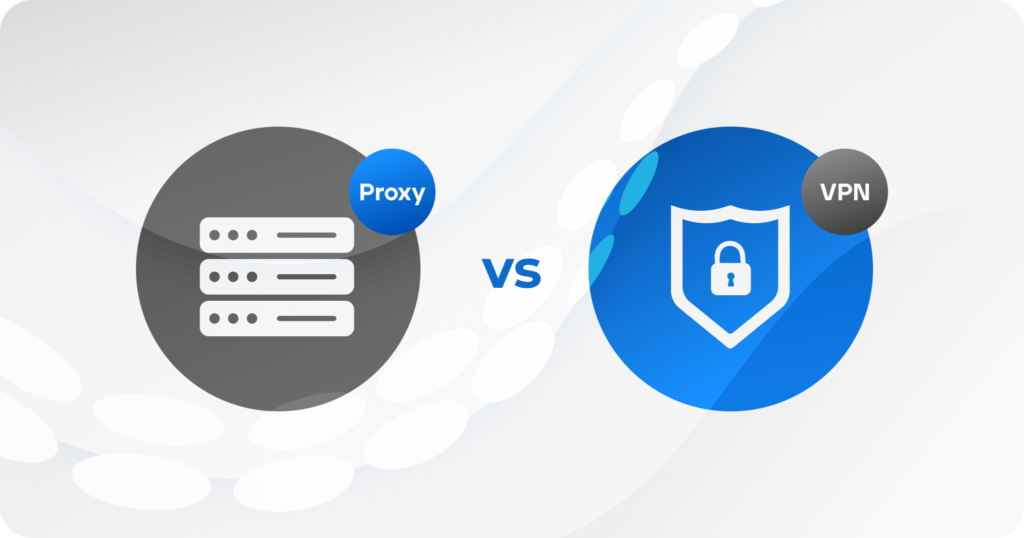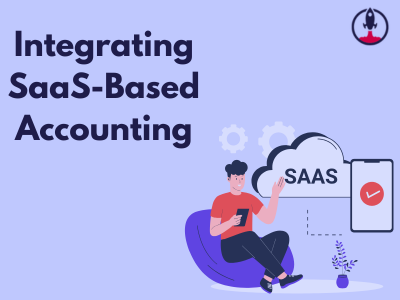Users are increasingly looking for tools to bypass restrictions and maintain their privacy as the digital sphere becomes more fragmented and monitored. The most common are unblocked proxy simplicity and VPN Encryption (Virtual Private Networks) – both of which help obscure your IP address, offer access to region-restricted content, and mitigate digital surveillance. However, the methods through which these tools operate and the protection levels they offer are completely different.
With the 2025 projections, picking a tool seems to be less about which one is, “better” in isolation, but rather, what aligns with your needs. If you’re streaming geo-blocked content, scraping web data, working remotely, or simply trying to avoid being tracked, these proxies and VPNs provide versatile options that are bound by discretion.
In the following section we will go over the technical differences of proxy simplicity and VPN encryption.
The Technical Divide: Proxy Simplicity vs VPN Encryption

On a basic level, a proxy server stands in between you and the internet. When a proxy is used, the user’s internet traffic is directed to a third-party server, which then forwards it to the desired destination. This process conceals your IP address which makes it possible to pretend to be browsing from a different country. “Unblocked proxy” usually denotes a proxy server that permits the use of websites that are likely to be blocked in educational or corporate settings, or by national firewalls.
Additionally, VPNs go further than that. They also route your traffic through a remote server, but they include end-to-end encryption—which means the data flowing between your device and the VPN server is safe. VPNs form a protected “tunnel,” which shields your browsing activities from ISPs, government monitoring, and people with malicious intentions on public Wi-Fi.
The difference between proxies and VPNs is encryption. A proxy will hide your identity but will not encrypt the content of your traffic. A VPN does both.
The next difference that we will discuss is the performance of both.
Performance: Speed Vs Stability
Normally, proxy and public servers are less reliable than VPNs, but faster. This is because proxies manage less data compared to VPNs and don’t encrypt traffic, which makes proxies easier on system resources. For people trying to quickly navigate a blocked website or stream a video from a different region, this can be useful.
Moreover, Proxy servers, however, can be problematic. Most unblocked proxy servers are free, overloaded, or poorly maintained. They often drop connections, serve outdated cached data, or are banned from the websites they are attempting to access.
While paying VPNs tend to be more stable and reliable, their speed is usually slower due to encryption overhead. Paid services also tend to be better for prolonged activities such as streaming, downloading, or secure communication. A 2024 performance comparison by Comparitech showed that top-tier VPNs maintained, on average, more than 85% of a user’s original internet speed, while proxies dropped below 50%.
Now let’s discuss the privacy and security of VPN Encryption and Proxy Simplicity.

Your Attractive Heading
In terms of security, VPNs are the clear winners. Unlike VPNs, proxies do not encrypt data. This means that anything you transmit, such as passwords, personal details, or business information, is vulnerable to interception by your ISP, government, or hackers. VPNs conceal your IP address and encrypt your data using military-grade encryption.
Hence, remote workers, journalists operating in restrictive regions, and anyone dealing with confidential material especially need VPNs. In fact, with the hybrid work model, numerous companies have started mandating employees to use enterprise-grade VPNs to access internal systems.
VPNs serve multiple purposes. For one, reputable VPN services offer no-logs policies which implies that users’ browsing history and IP data are not stored. This is not the situation for most public proxies that are often operated anonymously or hosted offshore, with zero guarantees on their data handling policies.
Let’s go over the use cases of both.
Use Cases: Match the Tool to the Task
Unblocked proxies are still in use among pupils and the general public where firewalls restrict access to websites like YouTube, Reddit, or even social media. They can also be used in low-level web scraping, advertisement validation, and automated testing—tasks that prioritize speed over security.
VPNs, or Virtual Private Networks, have become the go-to tools to enable streaming across the world (like using BBC iPlayer outside the UK), torrenting securely, circumventing geo-blocks, or encrypting information on public Wi-Fi networks. In China, Iran, and Russia, VPNs are frequently the only means available to access an uncensored internet—albeit with complex restrictions regarding their legality or attainability.
Estimates from GlobalWebIndex in 2025 stated that 31% of global internet users claim to use a VPN each month, with Southeast Asia, the Middle East, and Latin America recording the highest numbers.
Cost and legality is yet another important factor to discuss.
Cost and Legality

It is no wonder that a slew of unblocked proxies carrying little to no fees exist, but they often have hidden dangers. Free proxies are known to add advertisements, keep user records, or put users at risk for malware. Those known as premium proxies, like ISP or residential proxies, provide greater management and control along with improved IP quality but often come at a hefty price aimed at businesses or senior users.
The same can be said of VPNs as they come in a range of free and premium options. While free options tend to come with caps on bandwidth, reduced speed, and limited server access, paid VPNs such as NordVPN, ExpressVPN, and Surfshark offer high-speed servers with unrestricted global access and enhanced privacy features for \$3-10 a month.
In most Western nations, both proxies and VPNs are legal, although some platforms may have specific terms of service that could be violated through use. In more authoritarian countries, VPNs could be limited or outright illegal. It’s essential to check the applicable legislation as well as the laws of the region being visited.
Final Thoughts: Make a Decision Based on Objectives
So, for users who need to bypass a blocked site with little configuration, a proxy without restrictions will satisfy that requirement. For more comprehensive private browsing, particularly international travel, a VPN is the superior option.
In the current climate of digital surveillance and capitalist information control, the services we use to traverse the internet heighten in significance. Whether a proxy or VPN is selected, understanding the underlying purpose guide users is fundamental.
For more information check out our website.
- Top 5 Best AI Presentation Makers in 2026 - December 24, 2025
- Best AI Text Generator Plugin for Woocommerce: WriteText.ai - December 23, 2025
- The 5 Best AI Tools for PowerPoint Presentations in 2025 - December 22, 2025


